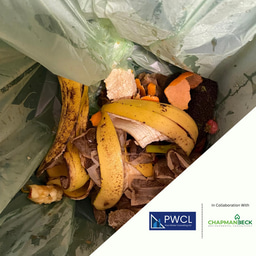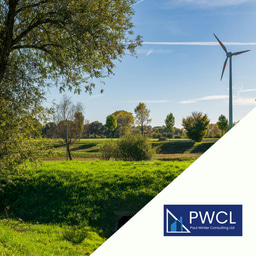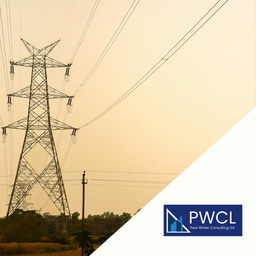What's more important: energy generation or energy efficiency?

An interesting article, written by Jonathan Maxwell and released in August for Environmental Finance, highlights the importance of energy efficiency and, particularly given the new UK Labour government’s focus on renewable energy generation as part of the Net Zero movement, urges said government not to overlook current inefficiencies.
This has led us to ask the question of what’s more important: energy generation or energy efficiency?
Energy generation or energy efficiency?
Energy generation and renewable energy projects are certainly taking the limelight at the moment, with a particular focus on onshore & offshore wind and solar farms, where the UK operates approximately 25% of Europe's offshore wind resource.
Alongside this, it’s said that there’s an estimated 30 GW of potential capacity in Combined Heat and Power (CHP) and at least 10 GW of distributed solar; the likes of which is thought to be enough energy to supply half of the UK economy.
And, whilst this is all positive and certainly a much needed step in the right direction for renewable energy solutions, Maxwell goes on to state in his article that electricity is still less than 20% of the UK's final energy demand so ‘greening the system’ won’t get us far enough; going on to say that:
“58% of the primary energy, whether brown or green, that is used to make electricity in the UK is lost through conversion, generation, transmission and distribution processes before even reaching the end user, where more is wasted.”
This is a surprisingly high percentage of waste which, surely, should make improving energy transmission, distribution and conversion processes a priority alongside, or even above, increasing generation?
Does it even matter if the National Grid isn’t up to the job?
And, whilst the debate between the importance of energy generation and energy efficiency is important, what could very easily be seen as more important is the state of the National Grid as it is right now.
When applying to connect new renewable energy projects to the Grid, most recently, we’ve been given connection dates in 2039 - 15 years in the future.
And, should new renewable projects have to wait another 15 years to be successfully connected, due to well known insufficiencies within the Grid, this makes them extremely difficult - if not almost impossible - to fund; investors understandably unlikely to fund a project that won’t even make connection for another 1.5 decades, let alone any return on investment.
For renewable energy to be widely adopted by the majority of homes and businesses across the UK, and renewable energy projects to really succeed, we need to look to the National Grid for support.
Upgrades to the National Grid are absolutely essential to energy generation, energy efficiency and the completion of renewable energy projects.
A grid that can confidently cope with an increase in gas & electricity generated from renewable sources is one of the greatest barriers to countrywide adoption.





Please sign in or register for FREE
If you are a registered user on Energy from Waste Network, please sign in